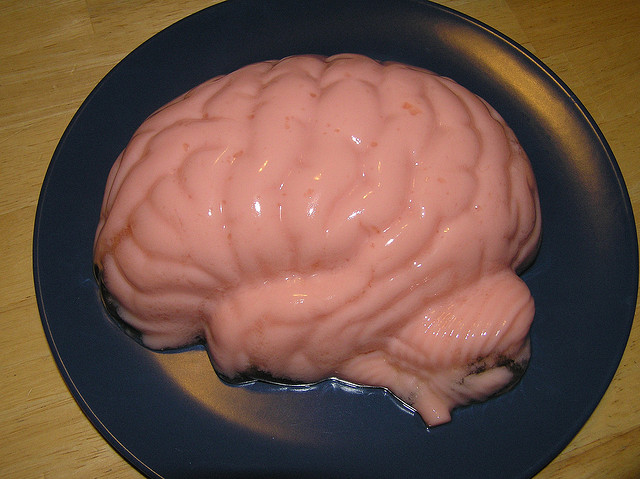Brain training app brings big data to human cognition
Ars Technica » Scientific Method 2013-06-20
One of the problems with cognitive and behavioral research is getting a good cross-section of the general population. Although they're convenient to work with, a couple hundred college students rarely represent the full diversity of human capability and behavior, yet that's exactly what many studies rely on. But a brain-training game may now provide access to data on scales that behavioral scientists probably never dreamed of. With a user base of over 35 million, the data obtained through the game could help us tease out very subtle effects. But as a start, a team of researchers have focused on some simpler questions: how aging and alcohol affect our ability to learn.
The software is less a game itself than a game and survey platform. Developed by a company called Lumosity, it's available on mobile platforms and through a Web interface. The platform can run a variety of games (a typical one asks users to answer math questions that appear in raindrops before they hit the ground), all with an emphasis on brain training. A few games are available for free and users can pay to get access to more advanced ones.
The scientific literature on brain training games is a bit mixed, and there's some controversy about whether the games improve mental function in general, or only those specific areas of cognition that the game focuses on. Lumosity clearly argues for the former and one of its employees pointed Ars to a number of studies that he felt validate the company's approach. What's not in doubt, however, is that it has a huge user base with over 35 million registered users. And because the Lumosity platform is flexible, it has been able to get basic demographic information from many of those users; they and others have also filled out personality profiles and other assessments.
Read 8 remaining paragraphs | Comments
